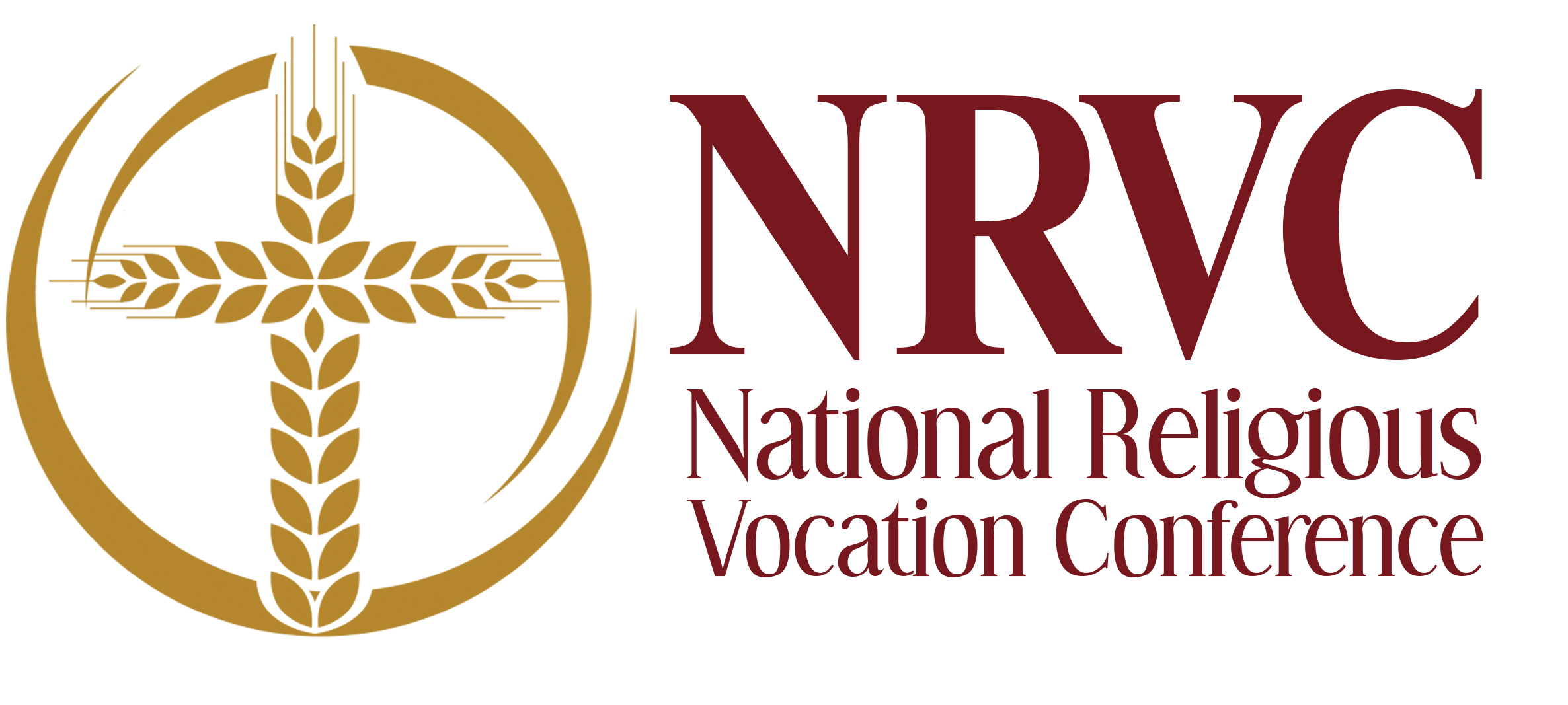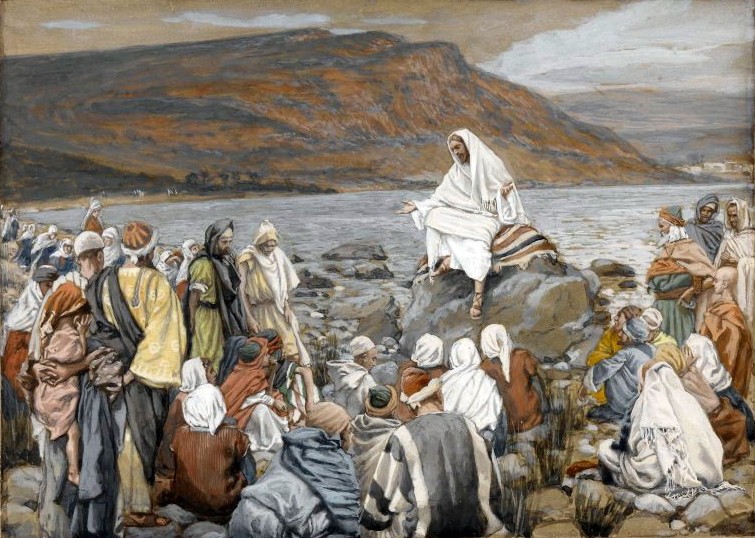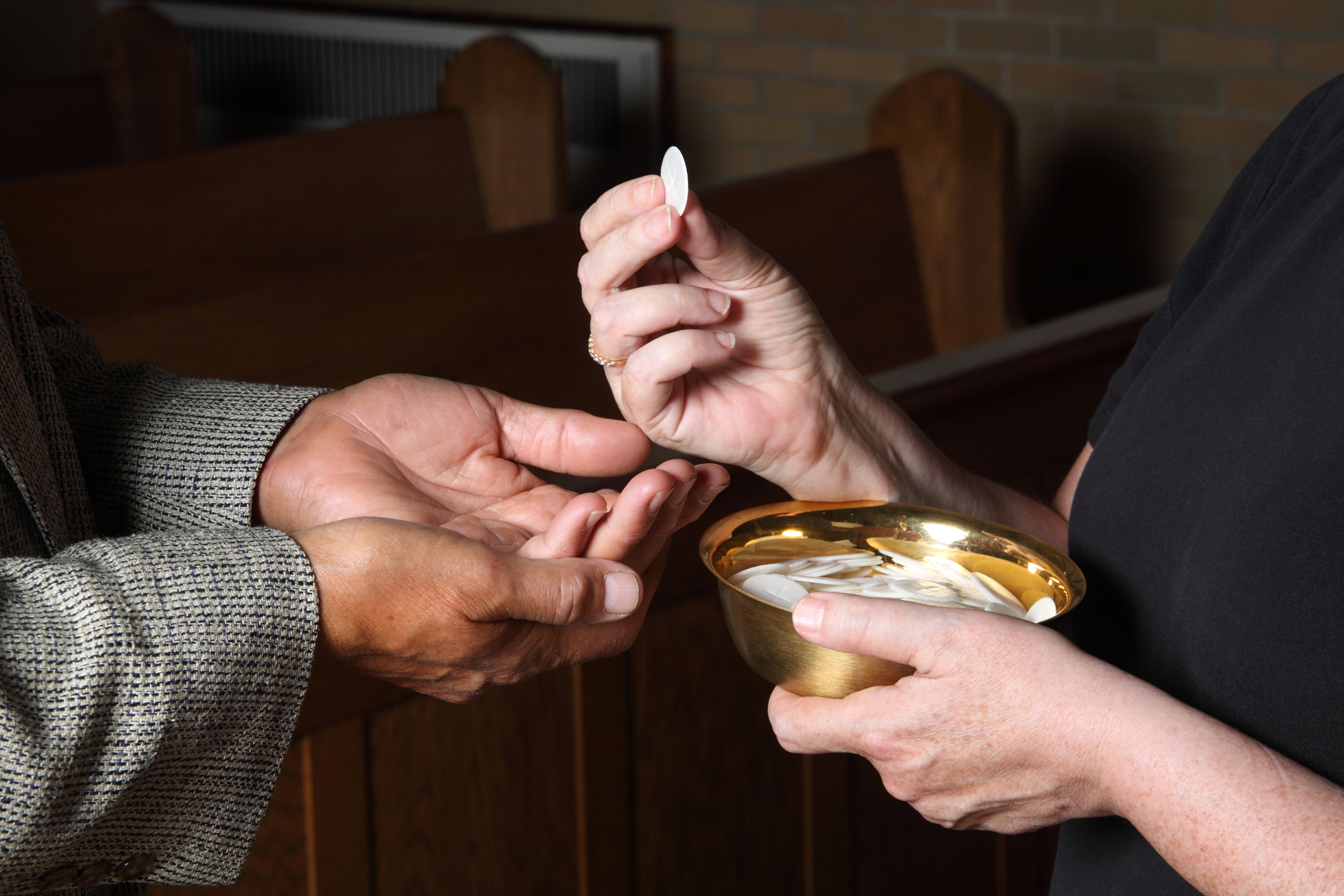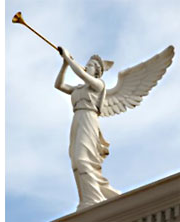|
POWER PLAYS: AUTHORITY VS. AUTHORITARIANISM
If we're to be of service in any capacity, we have to keep our eye on the role power plays in our structures. Psychoanalyst Manfred Kets de Vries describes power as a narcotic: "animating, life-sustaining, addictive." He also notes that all organizations are susceptible to its allure, not excluding churches and beneficial societies. Whether we hold authority ourselves or are subject to it in the organizations that contain us, we should pay attention to how it's wielded and how attractive it becomes to its administrators.
Pope Francis is particularly clear-eyed about how damaging clericalism and its privileges can be to the faithful and to the gospel. While the church no longer has the temporal authority to administer corporal punishments as it did historically—think Inquisition—moral and psychological violence remain within its purview. As we listen to those who no longer associate with the church, we hear stories of moral and psychological abuse that shattered faith and caused tremendous harm. Leaders who perpetrate such harm style themselves as defenders of the institution. Yet priest and political ethicist Rocco D'Ambrosio observes that the institution exists for the good of the people, not vice versa.
Such abuse of power is not representative of the practices of Jesus, who used power to teach, heal, and serve. When power is used to crush and suppress, it's no longer Christian authority but something else entirely.
—Alice Camille,
reprinted with permission from TrueQuest Communications
|













